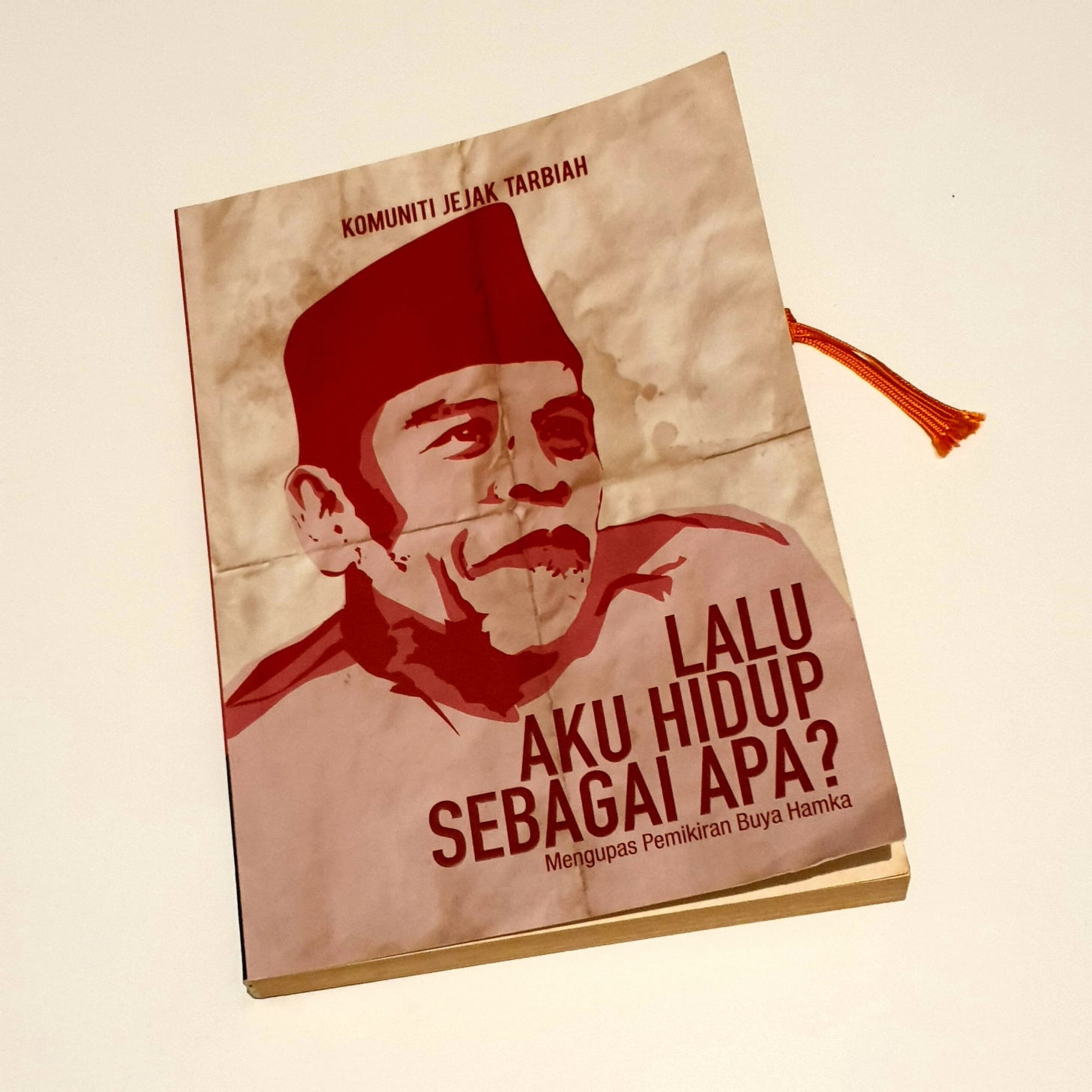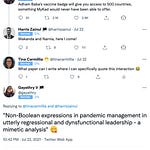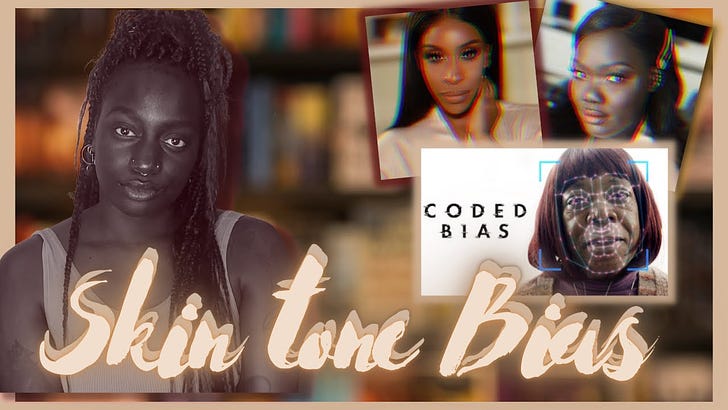Endless game of reactive whack-a-mole
Following the riot at the US capitol building last week, Trump or Trump-related content have been banned on Twitter, Facebook, Instagram, Youtube, TikTok, Snapchat, Twitch, Reddit, Discord, Shopify, Pinterest, and Spotify, while Parler, the social media app for far-right extremists have been suspended from the Google and Apple app stores and Amazon’s web-hosting service. No news yet about MeWe, Gab or Dlive.
While deplatforming, even when it’s too little too late, has its merits, the worry, as a few of my colleagues who study and report on extremists have pointed out, is the further away extremist content is pushed from the surface web, the harder it is to nip radicalisation in the bud. It further emboldens extremist ideas, now flamed by vengeance, and it only makes the deep dark web a deeper and darker place. Content moderation, with all of its failures and double standards, is an endless game of – in the words of Amanda Wilmore and Abigail Griffin for The Cipher Brief – “reactive whack-a-mole” and always a step or two behind.
This is very much American digital values. Any American claiming the events of January 6th were un-American and “third-world” because they hated what they saw need to understand: It happened in the US by US citizens to the US. To say “this is not America” (well, technically it isn’t, it’s the US) is to redefine what America (ie. the US) is, and you can’t keep redefining something to exclude things you don’t like. Recognise it. Call it what it is. Own it.
Emma Louise Backe on the fantasy of American exceptionalism:

WhatsApp gives users an ultimatum
New privacy policy means its 2 billion users have to agree to share data with Facebook by February 8th or stop using the app.
Dan Goodin for Ars Technica:
A WhatsApp spokeswoman declined to speak on the record about the changes and precisely how or if it’s possible for users to opt out of them. She agreed to email additional information on the condition it be kept on background, meaning none of the details can be quoted verbatim.
The move, the spokeswoman said, is part of a previously disclosed move to allow businesses to store and manage WhatsApp chats using Facebook’s infrastructure. Users won’t have to use WhatsApp to interact with the businesses and have the option of blocking the businesses.
Everything Lord Zucc touches turns into a marketplace. I mean, I’ve reached a point where I’m even agreeing with, gasp, James Charles.
Why the US brand of anti-science is so unique
Historian and educator Bill Black for MEL Magazine, taken in part:
While the US may not be uniquely anti-science, there’s something about the country that gives anti-science more oxygen. Views that might otherwise be relegated to the fringes […] are able to accrue actual political power. And we can’t just blame conservatism, which is by no means unique to the US.
Two things that are distinct about the US are its federalist system of government and its role in the Cold War. In the federalist system, state and local governments have a huge amount of power, especially over K-12 education. This means anti-vaxxers and anti-evolutionists can gain a foothold in county school boards and state legislatures and affect policy. They can loosen the guidelines [and] push for laws like the one Tennessee passed in 2012 that allow schools to teach “the scientific strengths and scientific weaknesses” of such theories as “biological evolution, the chemical origins and life [and] global warming.”
Something else that gives anti-science views more fuel in the US is the fact that, for nearly 80 years, the nation has been a global hegemon with a vast military-industrial complex. And science, despite its claim to be “apolitical,” has been vital to that hegemony. The result is that science is uniquely politicised in the US. This was especially true during the Cold War, when the Soviet Union launched Sputnik into orbit and Americans had a bit of a freak-out.
An insightful take, please take time to read in full.
What I read, watch and listen to…
I’m reading what the new science of narcissism says about narcissists written by W. Keith Campbell and Carolyn Crist for Psyche.
I’m watching Joshua Lim’s feature for The Star on the “rebels” who fix potholes themselves. I’ve been in social isolation for so long that I found a lot of comfort in listening to the quintessential urban Malay accent. I will miss that when I leave the country.
I’m listening to Citations Needed, hosted by Nima Shirazi and Adam Johnson on how US media is pathologically incapable of criticising Trumpism or fascism without evoking “third-world” racist cliches.
Chart of the week
Another report released by the Reuters Institute (I am in no way affiliated with them) trends and predictions in journalism, media and technology by Nic Newman.
















